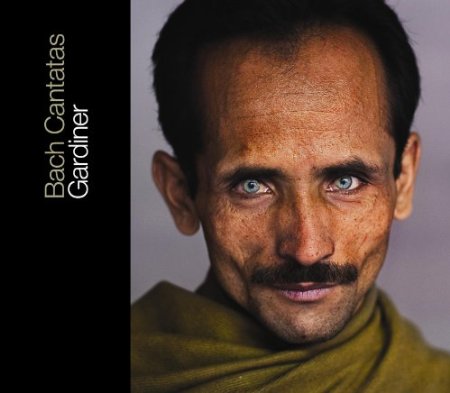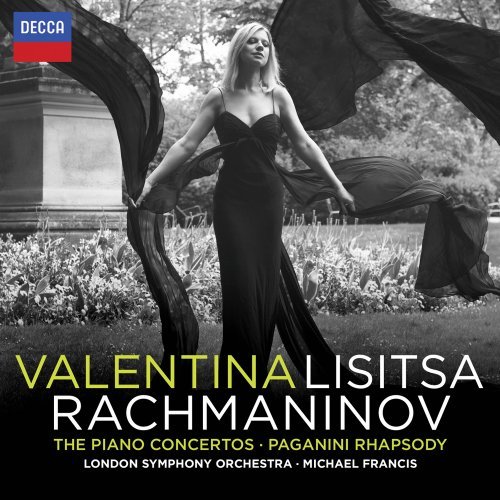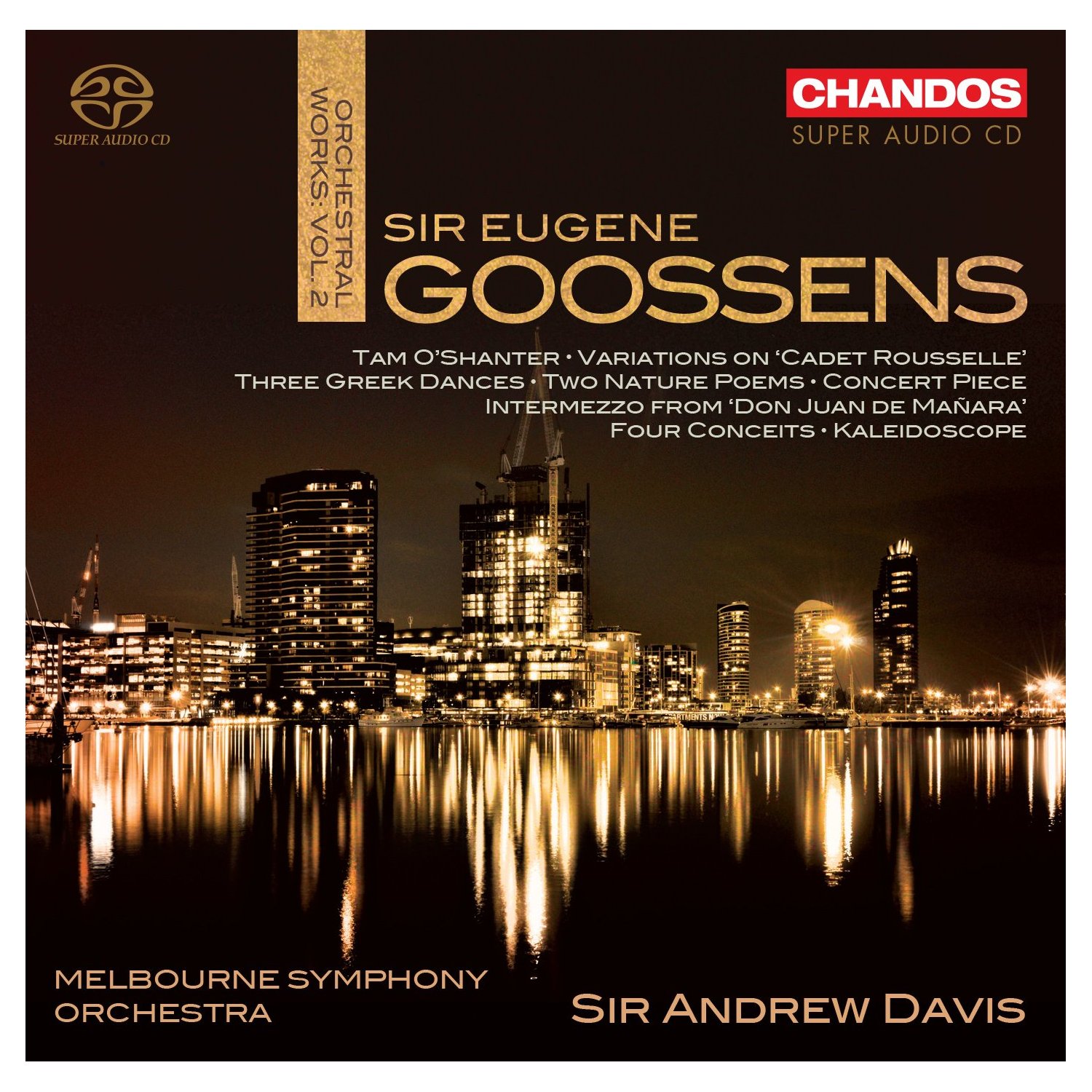Classical Reviews
Monteverdi Choir, London Symphony Orchestra, Gardiner, Barbican HallFriday, 26 April 2013
Backed up by reasonably adventurous orchestral programming, lucky conductors can forge a strong Stravinsky evening by picking and mixing from his five ancient Greek rituals. Sir John Eliot Gardiner, unintentionally homaging the late Sir Colin Davis who at least in earlier days would have jumped to such a pairing, chose to celebrate his 70th birthday with the extremes of white balletic lyric poem Apollon musagète and hard-hitting blackest tragedy Oedipus Rex. Read more... |
Cooper, Budapest Festival Orchestra, Fischer, Royal Festival HallTuesday, 23 April 2013
Visiting orchestras and conductors often complain about agents’ insistence that they programme their main national dishes. The request is partly understandable: we all want to hear the Vienna Philharmonic in Mahler, the Czechs in Dvořák, the Hungarians in Bartók. On this occasion, it seemed like no bad thing to welcome back the Budapest Festival Orchestra and its febrile, masterly music director Iván Fischer in a work they’ve brought to London before, Bartók’s Concerto for Orchestra. Read more... |
Verdi's Requiem, Philharmonia Orchestra, Gatti, Royal Festival HallSunday, 21 April 2013
It was clear that there was an Italian on the podium. Muted strings invoked an atmosphere so crepuscular that, when one involuntarily closed one’s eyes, the murmur of voices intoning the words “Requiem aeternam” seemed to come from deep inside the cathedral. The theatricality of Verdi’s Messa da Requiem is inescapable but what was also inescapable under Daniele Gatti’s baton was that every phrase, instrumental and vocal, is breathed as a singer might breathe it. Read more... |
Lamsma, BBCSO, Brabbins, Barbican Hall/ Mei Yi Foo, Kings PlaceSaturday, 20 April 2013
Brave old world, that has so much unheard music in it. Read more... |
Classical CDs Weekly: Bach, Berlioz, Mythos Accordion DuoSaturday, 20 April 2013
|
Classical CDs Weekly: Rachmaninov, Strauss, Sir John BarbirolliSaturday, 13 April 2013
|
City of London Sinfonia, Layton, Southwark CathedralFriday, 12 April 2013
Read more... |
Vienna Philharmonic, Tilson Thomas, Royal Festival HallWednesday, 10 April 2013
When Schoenberg made his steroidal orchestration of Brahms’s G minor Piano Quartet he saw and heard what many don’t - that Brahms was more of a radical than the music world was ready to acknowledge, that he was not the conservative in the shadow of Wagner that commentators at the time felt the need to brand him. Read more... |
George Benjamin, CBSO Centre, BirminghamMonday, 08 April 2013
“A book,” says the Boy-Illuminator in George Benjamin’s latest opera Written on Skin, “needs long days of light.” He speaks for Benjamin himself, a composer who, for all his fabulous musical mind and ear, has never found composition easy and has often struggled to produce work of any kind that satisfies his own meticulous standards. Read more... |
Classical CDs Weekly: Goossens, Mackintosh, StravinskySaturday, 06 April 2013
|
Pages
inside classical music
latest in today
 'We are bowled over!' Thank you for your messages...
'We are bowled over!' Thank you for your messages...

 Bach: Cantatas for Ascension Day The Monteverdi Choir, English Baroque Soloists/John Eliot Gardiner (SDG)
Bach: Cantatas for Ascension Day The Monteverdi Choir, English Baroque Soloists/John Eliot Gardiner (SDG) Rachmaninov: Piano Concertos 1-4, Paganini Rhapsody Valentina Lisitsa, London Symphony Orchestra/Michael Francis (Decca)
Rachmaninov: Piano Concertos 1-4, Paganini Rhapsody Valentina Lisitsa, London Symphony Orchestra/Michael Francis (Decca) Goossens: Orchestral works vol.2 Melbourne Symphony Orchestra/Sir Andrew Davis (Chandos)
Goossens: Orchestral works vol.2 Melbourne Symphony Orchestra/Sir Andrew Davis (Chandos)






